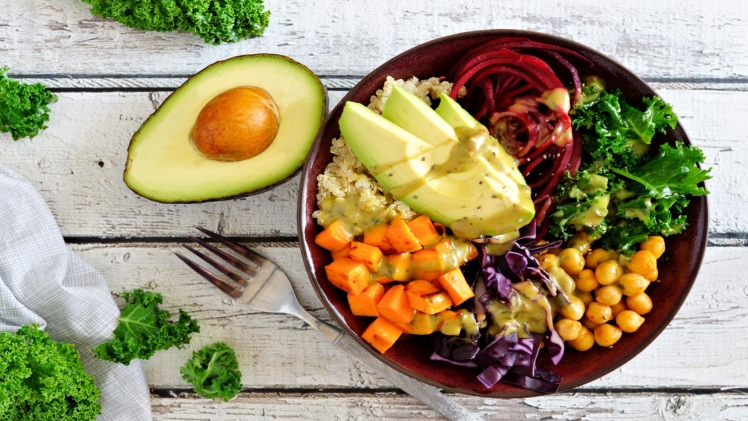What is a Food Supplier Company?
A supplier is an individual or company that supplies another organization with a product or service. A food supplier’s task is to provide a dealer or manufacturer with high-quality goods from a factory for resale at a reasonable price. A توصيل مواد غذائية company for a business is a broker between the seller and the supply to ensure that there are contact and the stock availability of adequate quality.
The importance of a food supply company
In any step of the product life cycle, suppliers play a vital role. Companies must work closely with their manufacturers to make the most out of their goods, ranging from importing raw materials to helping to improve مواد غذائية بالجملة demand, seeking better alternatives for raw materials as the market saturates.
A secret to success
Sourcing supplies for every successful food company is one of the highest priorities. We need to choose the best food provider because the supply chain must guarantee the consistency, protection, and value of the food provided. A restaurateur must meet the consumer and customer requirements. This would conform with government laws and quality requirements and provide quality food while retaining the budget. While government and industry stress food safety and efficiency, the right supplier’s assessment and decision-making have become more difficult today.
Tracking Food quality
Food quality is the most critical factor, and customer sensitivity is growing. Knowing how manufacturers ensure quality and purity, using temperature control devices, how they process their products, and raw materials are essential to their food supply and traceability. A lack of awards means no standard inadequate, so if a supplier has awards, it would be reasonable to make sure the supplier is reputable. Their credentials and accreditations for food protection are valid. It may also help find out about the organization’s efforts to meet with national quality standards: other references, positive and insufficient, will benefit you.
Trends, collaborations, and adaptation
Trends are appropriate: you must understand future customers and industry shifts and check if vendors meet current business trends, for instance, gluten-free foods.
- Partnerships development: Confidence is vital to restaurant-supplier relations; its performance is also one of the restaurateur relationships. They should also exchange details, documentation, and other resources to assist in management cost control and inventory tracking.
- Progress and versatility are essential since a supply chain will also avoid surplus inventory from limited orders. When vendors are versatile, we can react quickly to customer requirements changes. In crises, this is a significant plus.
Selecting the best suppliers is a prudent decision for these reasons. A restaurant consultant’s help also contributes, particularly if the restaurateur does not know the market he joins. Thanks to the industry’s expertise, skills, and understanding, the supply chain can supply a small number of reputable and successful vendors.

